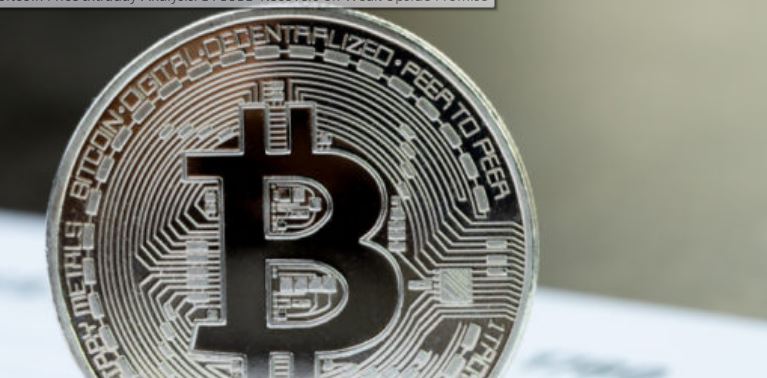US Regulators Might Be Unnecessarily Delaying Decisions on Cryptocurrency-related Applications

The Financial Industry Regulatory Authority (FINRA), an independent, non-governmental regulator for firms offering financial securities in the U.S., has reportedly been reviewing around 40 different broker-dealer applications from crypto-related companies.
According to Coindesk, several analysts believe FINRA might be postponing its decision regarding whether to approve certain crypto-related broker-dealer applications. This, as the self-regulatory organization (SRO) may be looking to receive guidance from the US Securities and Exchange Commission (SEC) about how to regulate products and services offered by crypto firms.
Crypto Firms Shift Operations Abroad Due to Lack of Regulatory Clarity in the US
Notably, several blockchain and digital asset-focused firms have shifted their operations to locations outside the U.S. due to strict regulatory policies in the country. Prominent crypto industry participants have also criticized the American government’s approach towards the nascent digital assets market – as there is still a lack of regulatory clarity in the U.S. regarding transactions involving cryptos.
There are reportedly a few US-based crypto companies that have been waiting to obtain regulatory approval for the past 14 months. This, according to sources familiar with the matter, who also noted the delays may be due to the complex nature of cryptographic assets – which make them more challenging to regulate than traditional financial assets.
Commenting on the matter, Ray Pellecchia, the Senior Director of Media Relations at FINRA, remarked:
Membership applications from firms proposing to engage in digital asset businesses present new, complex issues and we are in the process of working through them.
Crypto Firms Looking to Offer Tokenized Securities
Sources familiar with the matter have claimed that either the SEC or FINRA have been unncessarily postponing their decision regarding several cryptocurrency-related product offerings. Legal representatives of several crypto startups have said that certain companies are looking to register as broker-dealers, in order to provide tokenized securities to US-based investors (in a compliant manner).
As a non-profit organization, FINRA focuses on reviewing broker-dealers applications which are submitted by financial services firms. The SEC is responsible for overseeing FINRA’s day-to-day operations – which includes providing guidance to firms looking to serve as qualified custodians and it offers advice on matters related to setting up alternative trading systems (ATS).
San Francisco-based crypto exchange Coinbase had previously noted that it was interested in introducing its own ATSs, which would be focused on listing security tokens. Coinbase’s services also include custodial solutions for crypto investors, which are offered via Coinbase Custody.
Cryptocurrency Custodian Services Not Directly Overseen By FINRA
Winklevoss-owned Gemini exchange, which is licensed by the New York Department of Financial Services (NYDFS), is also authorized to provide crypto custody services to American investors. However, these services only have to be registered with the SEC (not FINRA).
Although US regulators appear to be working with crypto firms to develop a comprehensive regulatory framework for digital assets, it seems that existing guidelines make it difficult for companies to set up operations.
According to statements shared with Coindesk (by anonymous sources):
On the one hand, you have the SEC complaining that there’s all this market manipulation and bad actors, but [on the other] they won’t let good actors come in and clean things up. We’re at a stage where we’ve provided absolutely everything we can … they’re not requesting anything else from us. They’re just saying they can’t approve because they’re uncomfortable with this asset class.
The crypto firm’s representative further noted:
It’s really sad, we’ve always prided ourselves [on working with U.S. regulators]. [However,] if we have to exclude U.S. citizens and U.S. companies and share our skills abroad, then that’s what we’ll do.











Responses